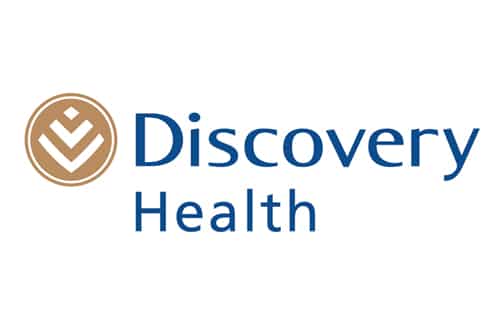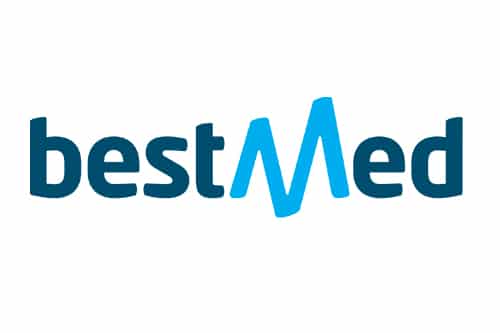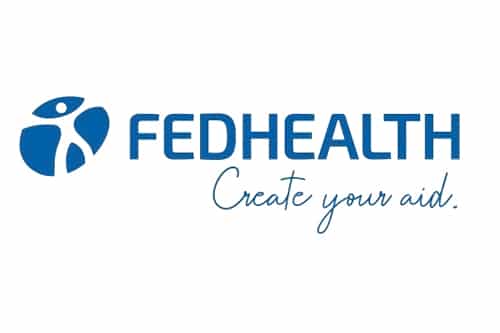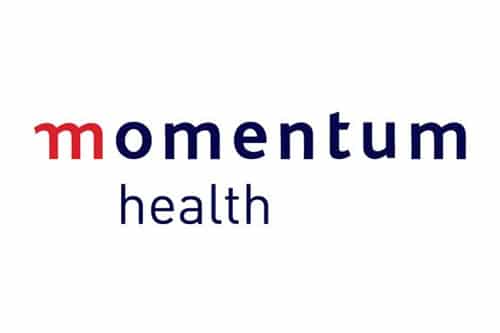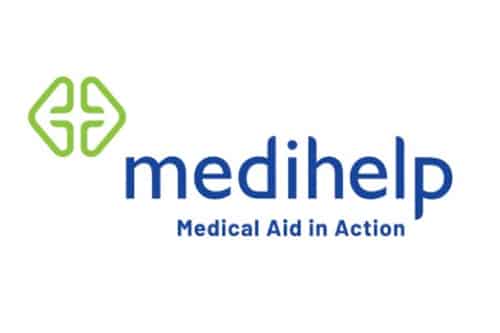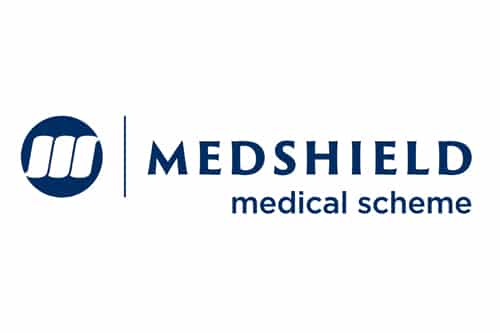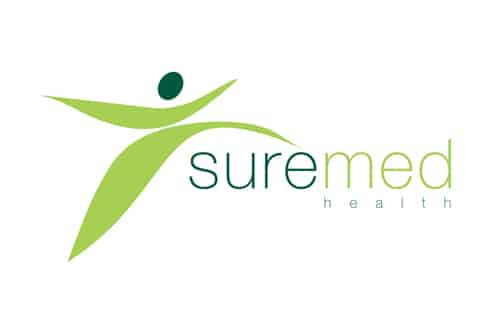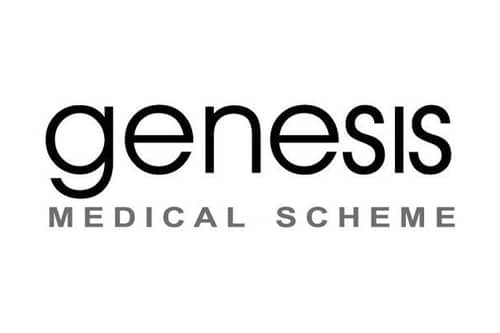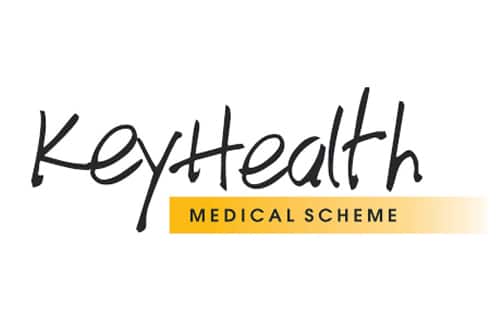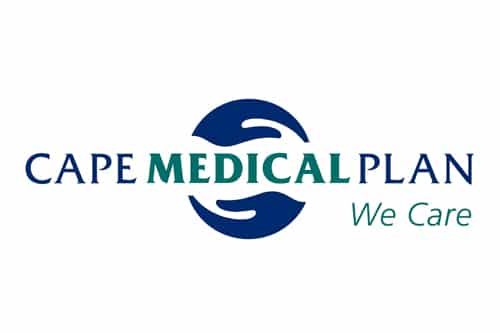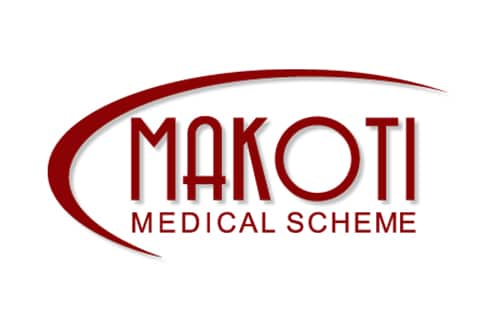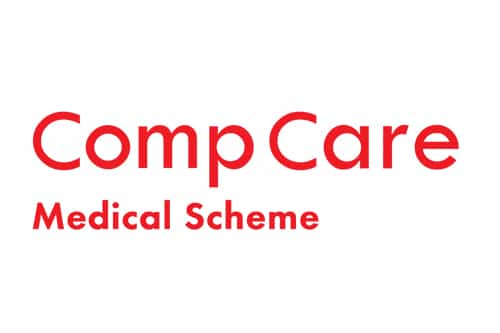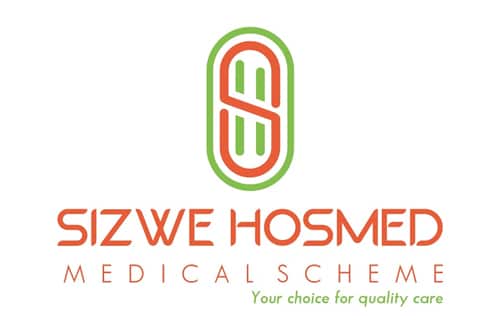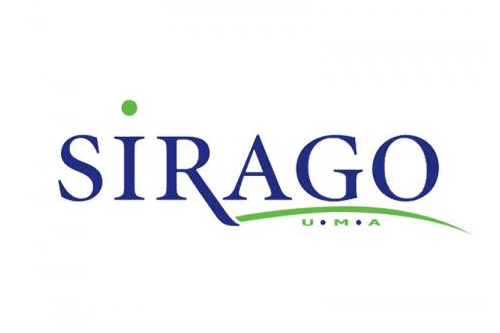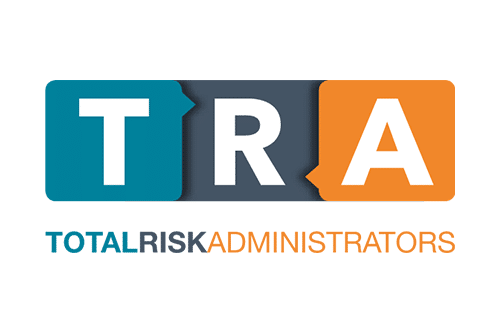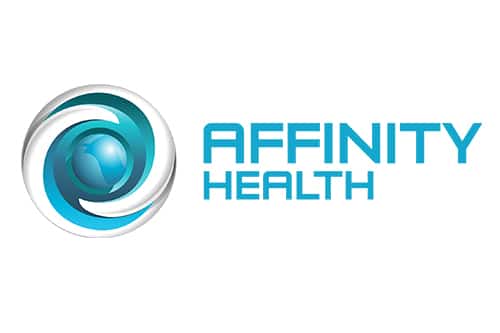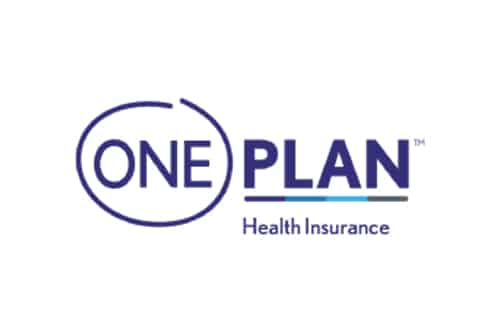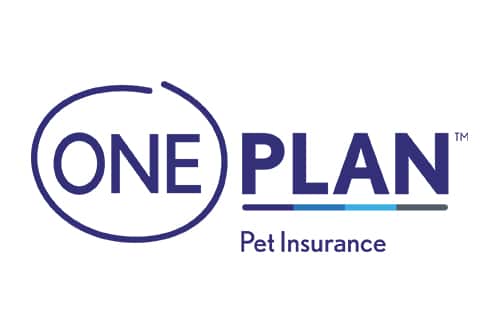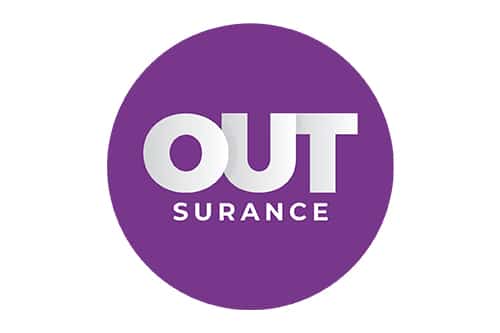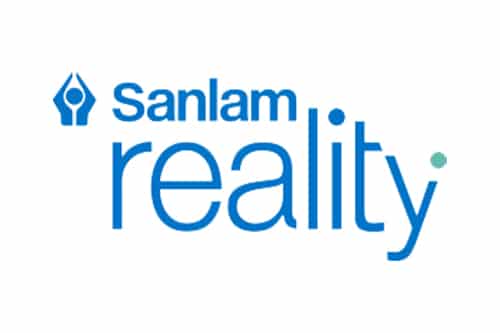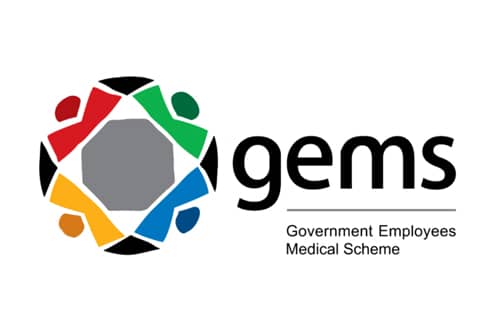
Council for Medical Schemes (CMS)
A Closer Look at the Council for Medical Schemes (CMS) in South Africa revealed.
We verified the Council for Medical Schemes (CMS).
This is a complete guide to the Council for Medical Schemes (CMS) in South Africa.
In this in-depth guide you’ll learn:
- What is the Council for Medical Schemes (CMS)?
- What is the contact details for the Council for Medical Schemes (CMS)?
- What is the medical aid ombudsman in South Africa?
- What is medical scheme regulation?
- What is the medical council of South Africa?
So if you’re ready to go “all in” with the council for medical schemes (CMS) in South Africa, this guide is for you.
Let’s dive right in…
A Closer Look at the Council for Medical Schemes (CMS) Summary
The role of the Council for Medical Schemes

👉 The CMS regulates the medical schemes industry fairly and transparently:
➡️ By safeguarding the public and informing them of their rights, obligations, and other matters, in respect of medical schemes;
➡️ Ensuring that complaints raised by members of the public are handled appropriately and expeditiously;
➡️ And ensuring that all entities conducting the business of medical schemes, and other regulated entities, comply with the Medical Schemes Act.
👉 In order to achieve its goals, the Council must be an organization that is fair, transparent, effective, and efficient in its operations; it must also provide strategic advice to influence and support the development and implementation of national health policy; and it must ensure that all beneficiaries have access to medical scheme coverage of sufficient quality.
Understanding a medical scheme within the auspices of the CMS

👉 The participants of a medical scheme pay into the system in exchange for benefits that are intended to cover a range of medical expenses.
👉 All medical plans must be approved by the Council for Medical Schemes and registered with the Registrar of Medical Schemes.
👉 As per the Medical Schemes Act, medical schemes must fulfill the following roles:
➡️ Provide at least some of the promised benefits. The specified minimum benefits are the lowest possible level of benefits. All conceivable medical emergencies are covered, along with 271 conditions that, if left untreated, would significantly diminish your quality of life, and 26 common chronic disorders.
➡️ In order to comply with regulations, medical plans must charge the same premiums for all participants under a given plan design.
➡️ No medical scheme has the right to treat you differently because of your age, gender, the history or current condition of your health or the health of your dependents, or the frequency with which you need medical treatment.
➡️ Either the scheme is open, meaning that anybody can join it, or it is restricted, meaning that only certain people can join it (such as employees of a certain company, those in a certain field, etc.). Both open and limited medical plans are required to accept all applicants who meet the plan’s criteria. Open enrolling describes this situation.
➡️ Benefits and contribution amounts are to be spelled out in the scheme’s regulations, and benefits can only be paid out in accordance with the scheme’s rules.
➡️ The expected benefits, as well as certain administrative and other non-healthcare expenditures like broker fees and bad debts, must be covered by contributions.
➡️ Any changes to the scheme’s rules require approval from the Registrar of Medical Schemes, registration with the Registrar, and notification of members. The scheme’s rules must be followed by all participants.
➡️ In addition, schemes must have reserves equal to twenty-five per cent of the total contributions received each year. The scheme will need to raise contributions or reduce rewards if the reserve funds drop below this level.
➡️ Service providers deal with the management of medical plans’ claim processes. Businesses that generate income can qualify as these suppliers.
How the CMS governs medical schemes in South Africa

👉 All medical aid plans must have a competent and trustworthy board of trustees in accordance with the Medical Schemes Act.
👉 The number of trustees is left up to the discretion of the members, however the Act does require that at least half of the board of trustees be chosen by the membership.
👉 No one who is currently employed by, under contract to, or consulting with the scheme administrator, or who is a broker for the plan, may serve on the board of directors for the scheme.
👉 The trustees must choose an officer to oversee the scheme’s day-to-day operations and maintain the scheme’s records and control systems.
👉 The trustees must also submit annual financial accounts to the Council for Medical Schemes, the organisation in charge of regulating medical aid plans.
You might like to know How to Report a Medical Aid Scheme for Malpractice / Misconduct
Understanding prescribed minimum benefits as per the CMS

👉 All medical plan participants, regardless of the level of coverage they’ve opted for, are guaranteed access to a base level of medical care known as “Prescribed Minimum Benefits” (PMBs). The goal is to reduce healthcare costs while simultaneously improving people’s access to continuous care.
👉 Medical plans must pay for the diagnosis, treatment, and care of PMBs under the conditions of the Medical Schemes Act.
👉 Preferred Minimum Benefits are the minimum benefits that must be provided by a plan.
👉 All medical plan participants, regardless of the level of coverage they’ve opted for, are guaranteed access to a base level of medical care known as “Prescribed Minimum Benefits” (PMBs). The goal is to reduce healthcare costs while simultaneously improving people’s access to continuous care.
👉 Medical conditions falling under the category of “emergency,” a specific group of 271 medical illnesses (as described in the Diagnostic Therapy Pairing), and 26 chronic conditions (defined in the Chronic Disease List). READ more about Chronic Cover.
👉 The clinician should only consider the patient’s symptoms, not any additional contextual information such how the ailment or injury was acquired, while assessing whether or not it is a PMB.
👉 Diagnose-based treatment is the term for this method. After a proper diagnosis has been made, the patient can then begin receiving treatment either in a hospital, as an outpatient, or in their doctor’s office.
You might like: 5 Best Medical Aids for Chronic Illness Cover in SA
Frequently Asked Questions
What is the role of the Council of Medical Schemes?
The Council for Medical Schemes is a statutory body established by the Medical Schemes Act (131 of 1998) to provide regulatory supervision of private health financing through medical schemes.
Who does the CMS report to?
The CMS forms part of the Department of Health.
What is the role of the CMS?
The CMS’s role is to protect and promote the interests of medical scheme members by ensuring that medical schemes operate in accordance with the Medical Schemes Act. They regulate medical schemes, monitor their financial soundness, and enforce compliance with legislation and regulations.
How does the CMS protect the rights of medical scheme members?
The CMS protects the rights of medical scheme members by monitoring the solvency and financial stability of medical schemes, investigating complaints and disputes, enforcing compliance with legislation, and promoting transparency and accountability in the industry.
Can I lodge a complaint with the CMS if I have an issue with my medical scheme?
Yes, you can lodge a complaint with the CMS if you have an issue or dispute with your medical scheme. The CMS has a complaints department that handles complaints from members and investigates alleged violations or unfair practices.
Does the CMS provide information and resources for consumers?
Yes, the CMS provides information, resources, and educational materials for consumers to help them understand their rights and responsibilities as medical scheme members. They offer guidance on choosing and understanding medical schemes, as well as information on the complaints process and other relevant topics.
READ more about 5 Best Medical Aids Covering Glasses & Optometry in South Africa

